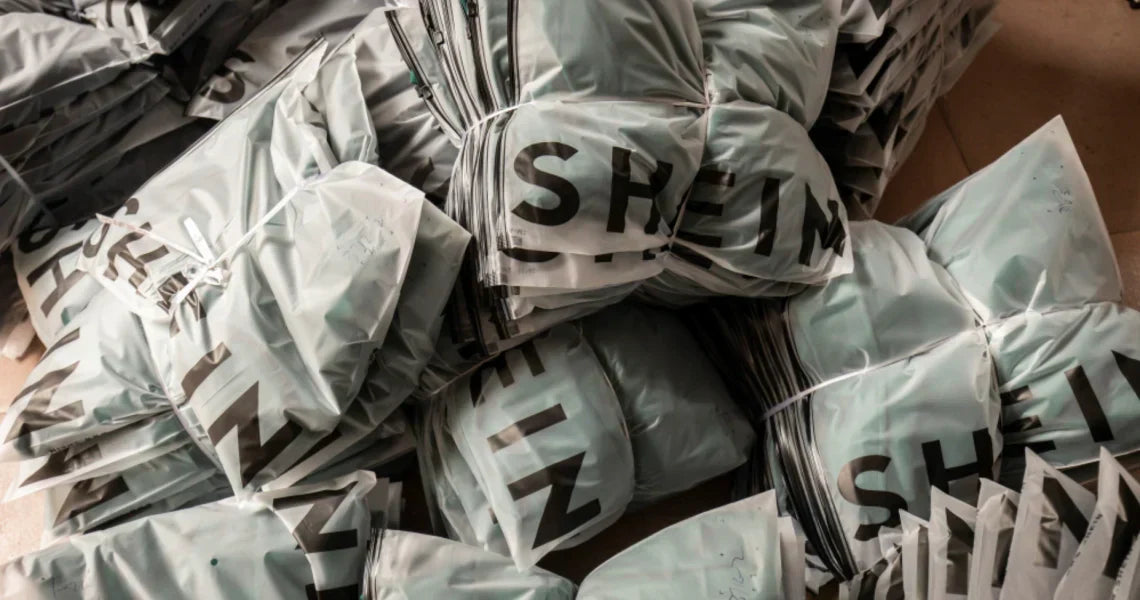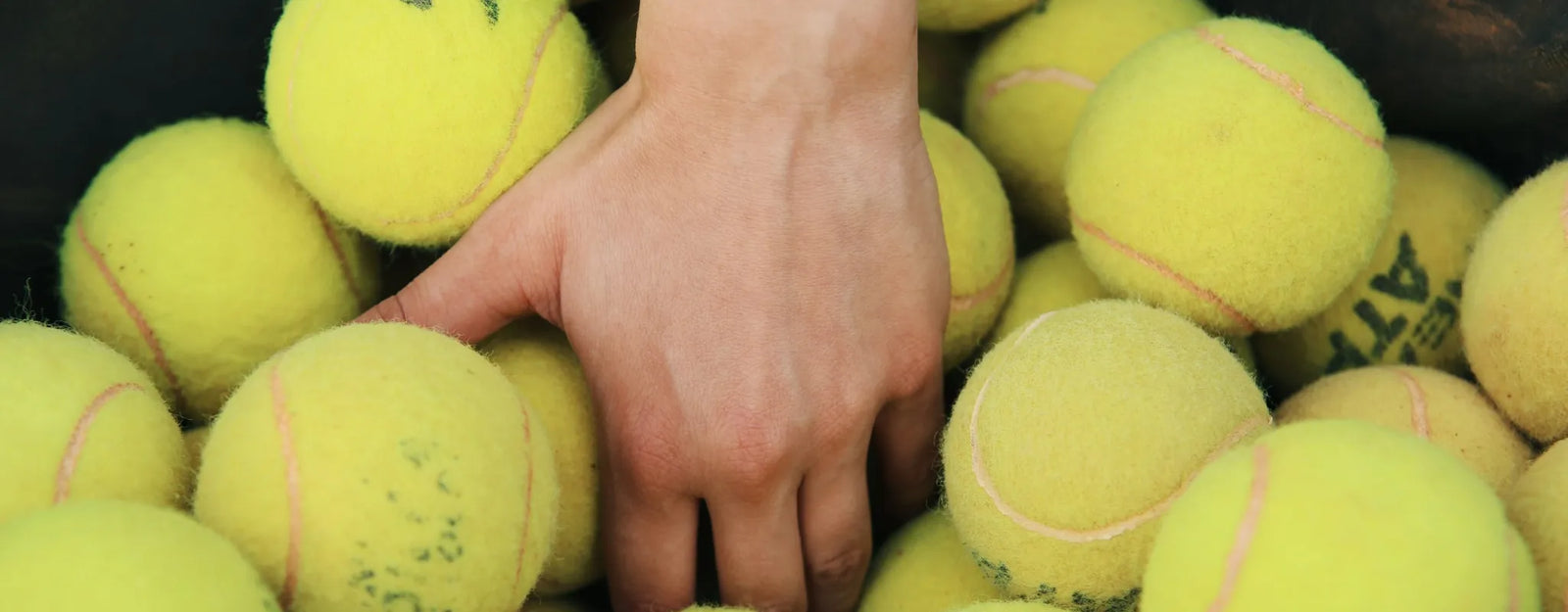What are Phthalates and How Do I Avoid Them?
At Spruce our mission is to provide safe and sustainable products for you and the planet. That's why we want to talk about one of the biggest culprits to damaging our health, and the health of the planet - phthalates.
Phthalates are a group of chemicals commonly used in plastics and often found lurking in your home and personal care products. They’re sneaky because you can’t always find them on ingredient labels, so it’s important to know how to find them, and how to avoid them.
What are Phthalates?

Phthalates (pronounced THAL-ates) are a family of chemicals used to make plastics more flexible and durable, and to enhance the fragrances and textures of cosmetics, fragrances, and other consumer products. They are also used as solvents, lubricants, and additives in a wide range of industrial applications. They help to carry synthetic fragrances in cleaning and personal care products.
Phthalates are not chemically bound to the products they are added to, so they can leach out over time and contaminate air, water, and food. They can also be absorbed through the skin or inhaled as dust or fumes.
Health Risks of Phthalates
Studies have linked phthalate exposure to a variety of adverse health effects, including:
-
Endocrine disruption: Phthalates can mimic or interfere with the hormones that regulate growth, development, and reproduction, which can lead to infertility, birth defects, and other developmental disorders.
-
Allergies and asthma: Phthalates have been associated with increased risk of respiratory symptoms, allergies, and asthma in children and adults.
-
Cancer: Some phthalates have been classified as possible human carcinogens based on animal studies, although the evidence is not conclusive for all phthalates.
-
Other health effects: Phthalates have also been linked to liver and kidney damage, neurological disorders, obesity, and cardiovascular disease, although more research is needed to confirm these associations.
Environmental Impacts of Phthalates
Phthalates are ubiquitous in the environment, and have been detected in air, soil, water, and wildlife around the world. They can persist for a long time in the environment and accumulate in the food chain.
Phthalates can also have adverse effects on aquatic organisms, such as fish and amphibians, by disrupting their reproductive and developmental processes. They can also contribute to plastic pollution, which is a major environmental problem that our planet is facing.
How to Avoid Phthalates

Phthalates are not always listed on product labels, so it can be tricky to spot what to avoid. However, there are ways to minimize your exposure to them:
-
Choose phthalate-free products: Look for products that are labelled as phthalate-free, fragrance-free, microplastic-free, or that have natural essential oil fragrances.
-
Use alternatives to plastic: Replace plastic containers with glass, stainless steel, or other non-toxic materials. Avoid heating or microwaving food in plastic containers, as this can release phthalates and other harmful chemicals into your meals.
-
Read ingredient lists: Look for phthalates and other harmful chemicals on ingredient lists, and avoid products that contain them. You can check individual ingredients for human and environmental safety on the Environmental Working Group website.
-
Ventilate your home: Open windows or use a fan when you have to use products that contain phthalates or other volatile chemicals.
-
Switch to non-toxic and plastic-free cleaning products: Spruce products are free from synthetic fragrances and single-use plastics to keep your family and the planet safe.
The Bottom Line
Phthalates are difficult to avoid completely in our everyday lives because of the sheer commonness of products that contain them. But, by understanding where they are commonly found, and how to find alternatives, you can protect yourself and your family. Not to mention, contribute to a healthier and more sustainable world.
We’re happy that there is a growing list of phthalate-free alternatives for our common household items. At Spruce, we are proud to offer products that are free from harmful chemicals and single-use plastics, so you can enjoy a clean and safe home. Feel free to check out our non-toxic cleaning range to get you started on your natural living journey!






Leave a comment (all fields required)